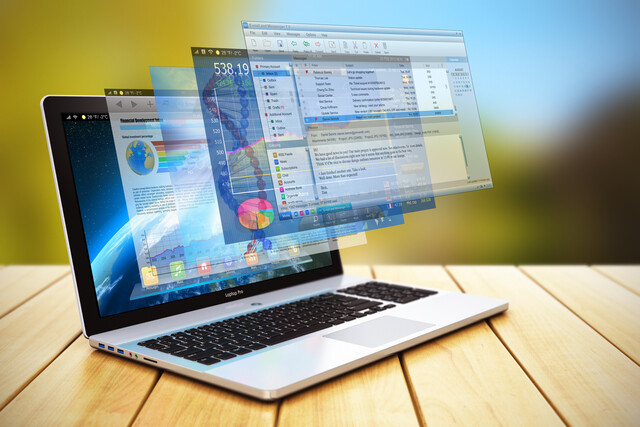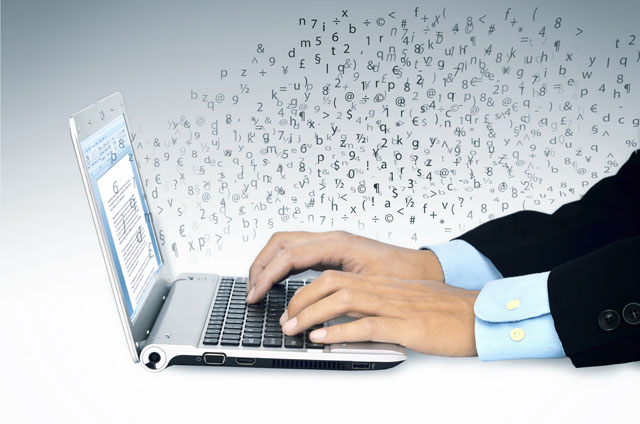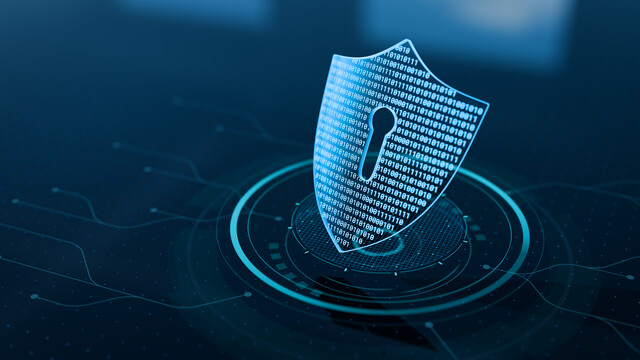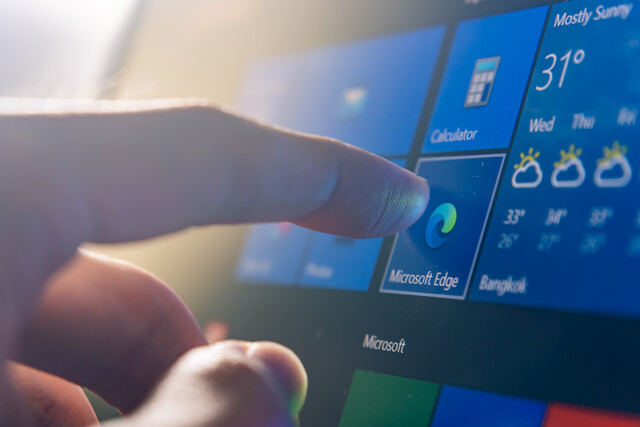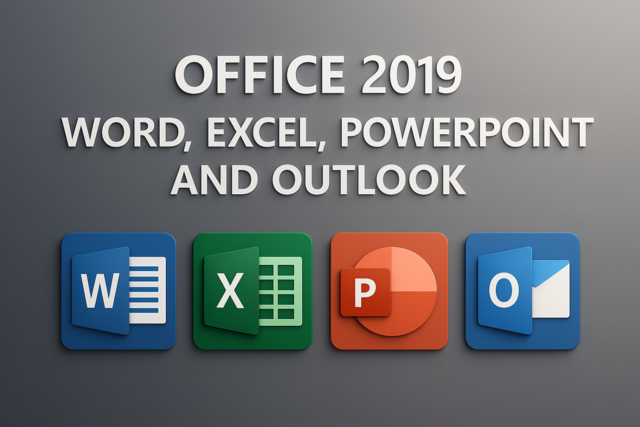as an Internet Specialist
The advent of the Internet has greatly enhanced our ability to communicate and congregate, albeit virtually, with people who share our interests and have like-minded ideas. Internet newsgroups and forums are two types of online communities that continue to grow in popularity and bring millions of people together on the Internet to share ideas, ask questions, and receive help on virtually any topic imaginable.
We will begin our discussion with newsgroups, as they have been around much longer than forums. A newsgroup is a discussion among any number of people on the Internet. There are newsgroups on virtually any topic. If you can think of a topic that would be of interest for discussion among human beings, chances are there already exists a newsgroup dedicated to it.
The history of Internet newsgroups starts back in 1979, well before the majority of people were using the Internet on a regular basis. At Duke University in North Carolina, two students created a simple network of a few computers and developed some basic software that would allow users to post messages on the computers for other users to see. Once the messages were read, people could respond to the original message and, in the process, continue the discussion. From these very humble beginnings, the Usenet system was born in 1980. Like many aspects of the Internet, Usenet does not have a central, governing body; it is a global network within the Internet that comprises all newsgroups.
Moderated and Unmoderated
Although every newsgroup is dedicated to a specific topic, the rules can vary from one newsgroup to another. Some are more strict about enforcing the rule that all posts, or messages in a newsgroup, be strictly about the topic for which the newsgroup is established. Others will allow posts to be off topic, or slightly unrelated to the main subject of the newsgroup. A major factor that determines whether rules are strictly enforced is whether the newsgroup is moderated. If a newsgroup is moderated, it means someone regulates the content that is allowed to be discussed in the newsgroup. In addition to setting the rules for content, he or she also can set the ground rules for behavior among members of the group. Finally, the moderator of a newsgroup also can set the security level high enough so that he or she must approve every single post that is allowed to be included. Many people enjoy moderated newsgroups because there is a great deal less clutter and virtually all posts in the newsgroup will contain something of value and pertinence to all members.
Unlike an e-mail, which is addressed to a single person or a small group of people, a post in a newsgroup is not intended for a specific person. Anyone in the world who has access to the Usenet system (virtually anyone with Internet access) can read the posts in a newsgroup. A newsgroup member might post a message that asks a question, and he or she is hoping that someone in the world will be interested enough to answer it. A newsgroup is often compared to the classified ads, or personal ads, in a newspaper. Someone who places an ad in a newspaper hopes that people will answer it. Similarly, a newsgroup is a collection of messages intended for a very wide audience.
Accessing Newsgroups Accessing newsgroups requires software, but virtually everyone with an e-mail software package has the ability to read newsgroups. Almost all e-mail software packages have the built-in ability to also read newsgroups. There are millions of newsgroups and, despite the existence of more modern technology, the Usenet continues to be very popular. Setting up an e-mail software program to read newsgroups is relatively simple: You can just search a directory of all newsgroups and when you find the one you want to read, you subscribe to it. By subscribing to the newsgroup, your e-mail program will automatically download all messages that are posted in that newsgroup.
Internet Forums
Internet forums, which are also called "message forums," are much more modern versions of newsgroups, but they share a great deal of characteristics. A forum is a Web site that is dedicated to sharing information and conversation. Like newsgroups, most forums are dedicated to a single topic. The earliest known Internet forum was founded in 1996, and the popularity of forums has greatly increased in recent years.
Special software is not required to participate in a forum; any Internet browser that enables you to connect to a site is all that is required. The company that is hosting the forum, however, must install software on its server to allow Internet users to interact with the forum by posting messages, reading messages, and contributing to the online community.
Avatar
An Internet user's presence in a forum can be anonymous, or a member may use what is called an "avatar." An avatar is an online representation or profile of a user. It may contain a photo of the user. It will contain some characteristics that help to identify that person to the online forum. At the very least, an avatar will contain a user name. When a message is posted in an online forum, the message's avatar is known to all persons in the forum. Many people who regularly use the Internet do not wish to give their real names and personal information, so they use an avatar that identifies them but not by using personal, undisclosed information. It may be thought of as a pseudonym.
However, an avatar is more than simply a pseudonym to many people who regularly use the Internet. In many ways, an avatar is an extension of the person's personality. For people who participate in online role-playing games, an avatar can indeed be created that looks and acts like its creator. Some sophisticated online games allow users to edit their characters in such detail that they look very much like humans and, in many cases, their own creators.
In order to participate in an online forum, registration usually is required. You must sometimes give personal information, including your real name, to the forum's moderators in order to participate but not always. Even in those instances when you must give the moderators personal information, the user may employ an avatar when posting messages so that his or her real identify is protected and private.
Most forums are overseen by moderators, also called administrators. The rules for conduct in an online forum are generally stricter than in newsgroups. An administrator will disable the registration of any person who violates the established rules, and this prevents the user from reading and posting messages. If someone engages in an argument online and the conversation gets heated, the administrator has the discretion to lock that discussion, which means no further posts can be added. With the explosive growth of online forums, an administrator's job can sometimes be overwhelming, as there are millions of people worldwide who regularly post to Internet forums on a daily basis.
Conducting Business and Shopping on the Internet
Second only to communication, shopping is one of the most popular uses for the Internet. Millions of people and businesses spend billions of dollars per day on the Internet. This article will cover all aspects of how people shop on the Internet, but it will also focus on how business has been transformed by it, and how a true global economy has been created by its presence. We also will cover how people can perform virtually all of their banking and bill-paying online.
The Global Economy
In the days before the Internet, the owner of a small bookstore was mainly concerned about attracting customers in his or her immediate vicinity or market. While the owner might have developed a mailing list of customers that lived anywhere in the world, most business transactions were local. When the Internet started to become a medium of communication among the general public rather than just the technology pioneers that created it, many businesses, especially small businesses, saw enormous potential in the Internet as an additional marketplace.
Today, a small bookstore might operate its store exactly as it did a hundred years ago: acquiring inventory, hiring employees, paying the utility bills, and making direct sales to people who enter the store. For many such businesses, however, the volume of sales they make to people who visit the store is only a small subset of their total sales. Many companies have an online presence on the Internet, and their online sales often dwarf their in-store sales. We now live in a global economy. A well-developed website for a small bookstore in a small town in Pennsylvania might have customers from Australia and England who regularly purchase books. The Internet has removed the barriers that distance presented to businesses just two decades ago.
Shopping Safely
Just as privacy is a major concern of people who regularly use the Internet, the protection of credit card information and other highly confidential financial-related matters also is of paramount importance. In a global network where billions of dollars a day are transferred from one person or company to another, the possibility of crime and fraud exists on so many levels. Even so, shopping on the Internet with a reputable company or dealing with your local bank is actually an extremely safe endeavor, given the advance technologies that are in use today to protect consumers' information.
Encryption
Virtually all sensitive information that is transferred over the Internet is done via encryption. When a business transfers $1 million from its New York bank account to an account overseas at a foreign bank, the information that is sent over the Internet isencrypted so that it cannot be read or understood by human beings. The process is simple, yet the technology is sophisticated. With encryption, all information is sent using codes rather than the actual information. The business in the preceding example that wishes to send funds electronically overseas would its their account number on a computer, but when the account number is sent over the Internet, the actual digits of the account number are not sent; codes are sent instead. The receiving computer network can easily understand these codes, but a human being could not possibly understand what all the codes meant if the message were intercepted. This process sounds as though it is reserved for major corporations when they move hundreds of millions of dollars from one account to another, but it is used by everyone who makes a purchase on the Internet as well. If you purchase a $5 book on the Internet, you are most likely sending your credit card information over the Internet in encrypted form.
A special symbol which looks like a lock appears on the bottom of most Internet browsers when a user has entered an encrypted or secure Web site. The lock symbol means that any information entered on that Web page will be converted into special codes when it is transmitted over the Internet. This encryption is, according to security experts, actually safer than giving someone your credit card in a store. In an encrypted purchase, no human being will ever see or know your credit card information, and all the processing is done by computers.
For those people who are still reluctant to use their actual credit card numbers when making an online purchase, there is the possibility of using a temporary credit card. Most major credit card companies have programs that allow you to apply for a temporary number that is valid for an hour or perhaps just a day. This temporary number can then be used to make a purchase on the Internet and it is billed to your account. In this method, your actual credit card number is not used and an extra layer of privacy is maintained. PayPal
A company called PayPal has revolutionized the way many people and businesses transfer money and shop on the Internet. PayPal is similar to a bank account, but the account is used to make purchases on the Internet. Your credit card and bank account information is stored with PayPal, but you do not have to use credit card or bank account numbers when you are making a purchase. Every PayPal user is identified with an e-mail address, and you can use this e=mail address to make payments on the Internet, keeping your other financial information private.
Micropayments
Many Internet specialists and experts agree that micropayments are a growing trend on the Internet and represent what the future of Internet commerce will look like in the not-so-distant future. When Internet users visit a news site, for example, and they wish to read a news story, that company may charge a small fee to read the story. This fee is called a micropayment. Through accounts like PayPal, or any number of other companies that wish to offer such services, an Internet user can make immediate, small payments for services as he or she is using the Internet. Rather than the old model of paying a monthly fee to access a news site, you may, in the near future, be able to purchase a single story by paying a the small fee. This type of functionality is not reserved just for news sites; virtually any company in the world selling almost any product will someday use this method to conduct business on the Internet.
Bank Transactions
People have been using the Internet for many years to conduct most of their banking business online. If people have their paycheck directly deposited into their bank account, and they pay bills online and use Automated Teller Machines (ATMs) to occasionally get cash, it is entirely possible that they will never need to physically go into a bank. Most banking transactions today are done electronically and the level of encryption for banking sites is even higher than most shopping sites. Banks have invested a great deal of money and talent in creating networks that are among the safest in the world.
Bill Paying
Paying bills online is a simple process and growing trend. Rather than writing a check and mailing it to a specific address, you can go on the Internet, log into your bank account, and enter all the required information in order to process the payment. For example, if you wish to pay an electric bill, you would set up, one time only, all the required information about your electric bill; for example, the account number, the mailing address, etc. Each time you wish to send a payment, a bank customer would simply need to enter the amount that must be paid, and the bank will automatically send the payment to that electric company. In most instances, the payment is sent electronically from your bank account to the company's bank account, but if the company is not set up to receive electronic payments, the bank will mail a check for you. Online bill paying is extremely popular among a growing number of people and businesses, and Internet specialists often will be asked to help clients with this service.












